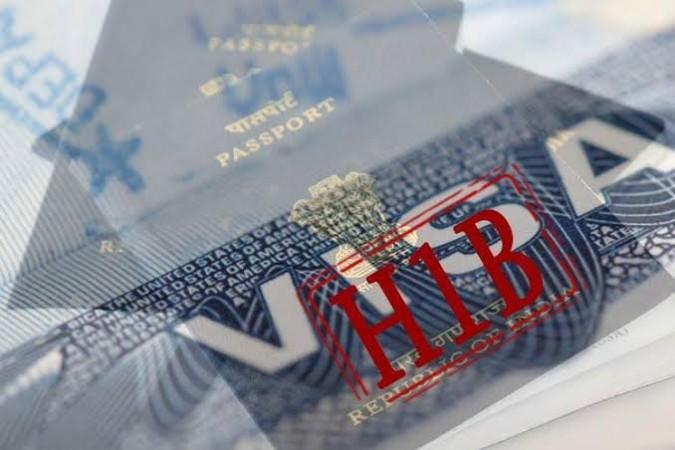Donald Trump has temporarily suspended immigration into the United States until the end of the year 2020 to help the coronavirus-battered US economy. The White House announced that Donald Trump wants to reform the immigration system to a "merit-based" one.

Trump's move to freeze certain foreign work visas will not affect those already in America on the H-1B, but other work visa categories will also be influenced. With Trump's far-reaching reform plan, Indian firms placing technology workers in US companies is likely to suffer a significant blow.
From H-1B to L-1 and J visas, the presidential proclamation issued by Trump will affect the following visa categories:
H-1B: Around 85,000 H-1B visas are given every year by the United States to 'high-skilled' workers in the tech companies and also to workers in other industries, like health care and the media. The H-1B visas are usually valid for up to six years. The Department of State issued as many as 188,123 H-1B visas for both fresh applicants and renewals during the financial year 2019. According to reports, at least 131,549 visas were for Indians, followed by 28,483 for mainland Chinese citizens.
H-2B: The H-2B visas are for temporary non-agricultural labour that allows US employers to bring foreign nationals to America. America issues around 66,000 H-2B visas every year; however, sometimes it grants additional permissions based on the demand. Generally, these types of visas are valid for up to three years and are prevalent in industries like food processing, hotel work, and landscaping. According to the Department of State, the US issued 97,623 H-2B visas for both fresh applicants and renewals in the financial year 2019.
H-4: The H-4 visa programme are for the spouses and kids of H1-B and H2-B visa holders. These visas are valid for the duration of the H-1B visa. The presidential proclamation does not directly address them, but does limit entry for "any alien accompanying or following to join" restricted visa categories. The Department of State has issued 125,999 H-4 visas during the financial year 2019. Out of these, 106,162 were for Indians, followed by 5,701 for mainland Chinese citizens.
J visas
J-1: The J-1 visas are issued for cultural and educational exchange. This order applies to J-1 holders "participating in an intern, trainee, teacher, camp counselor, au pair, or summer work travel program." The J-1 visas are valid for up to seven years, depending on program type, and there is no annual cap.
J-2: The J-2 visas are for the spouses and dependents of J-1 holders. It is also valid for the duration of the J-1 visa.
L visas
L-1: The L-1 visas are for high-level and specialised firm employees. They are usually valid for up to seven years and there is no annual cap. During the financial year 2019, the Department of State gave 76,988 L-1 visas. Around 18,354 were for Indians, followed by 5,902 for nationals of Great Britain and Northern Ireland, and 5,295 for Brazilians.
L-2: The L-2 visas are for the children and spouses of L-1 holders. They are valid for a term of the associated L-1 visa. In the fiscal year 2019, the Department of State issued 80,720 L-2 visas. Around 23,169 went to Indians, followed by 7,143 for Brazilians.
(With agency inputs)








![BJP fields Tashi Gyalson for Ladakh; drops sitting MP [details]](https://data1.ibtimes.co.in/en/full/797185/bjp-fields-tashi-gyalson-ladakh-drops-sitting-mp-details.jpg?w=220&h=138)








![BJP fields Tashi Gyalson for Ladakh; drops sitting MP [details]](https://data1.ibtimes.co.in/en/full/797185/bjp-fields-tashi-gyalson-ladakh-drops-sitting-mp-details.jpg?w=220&h=135)